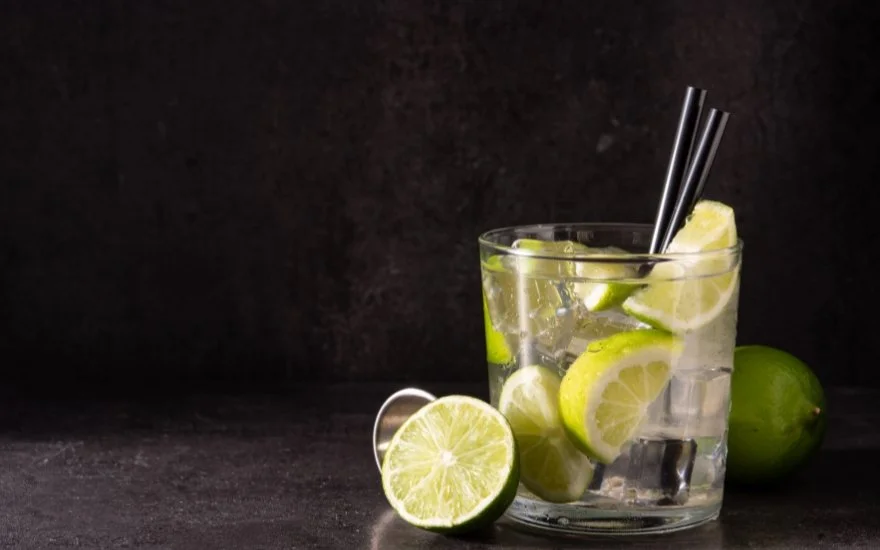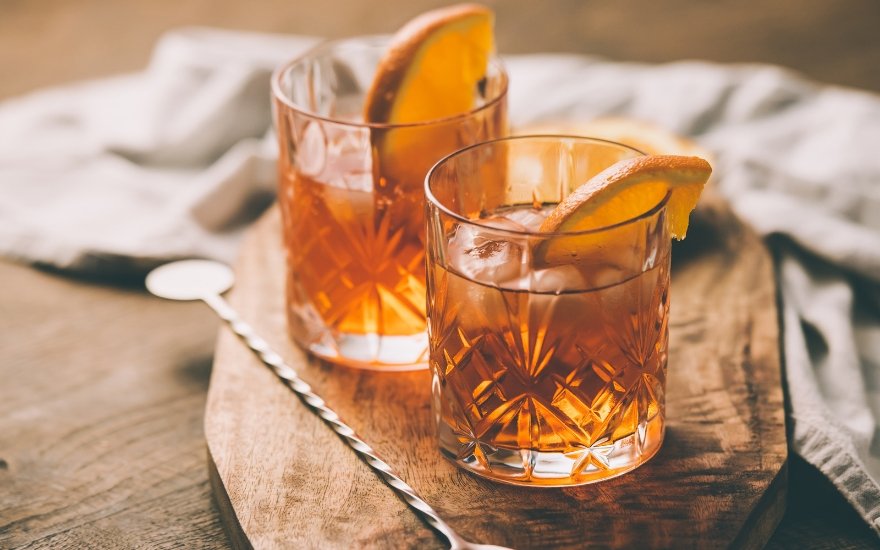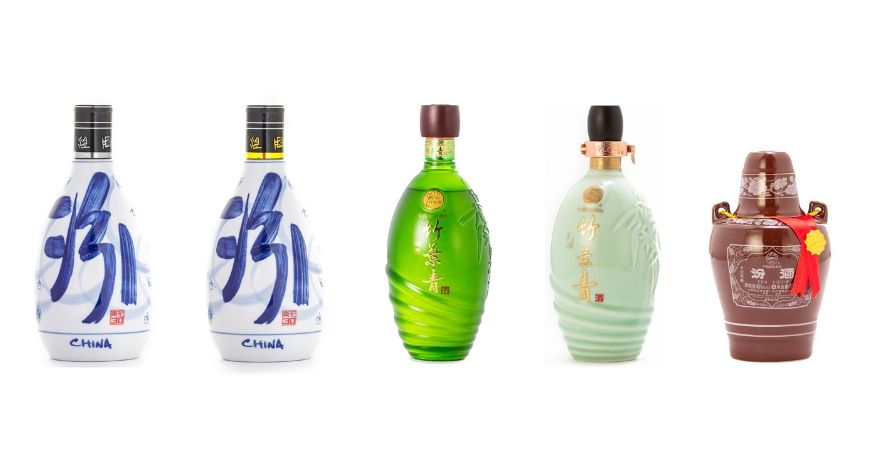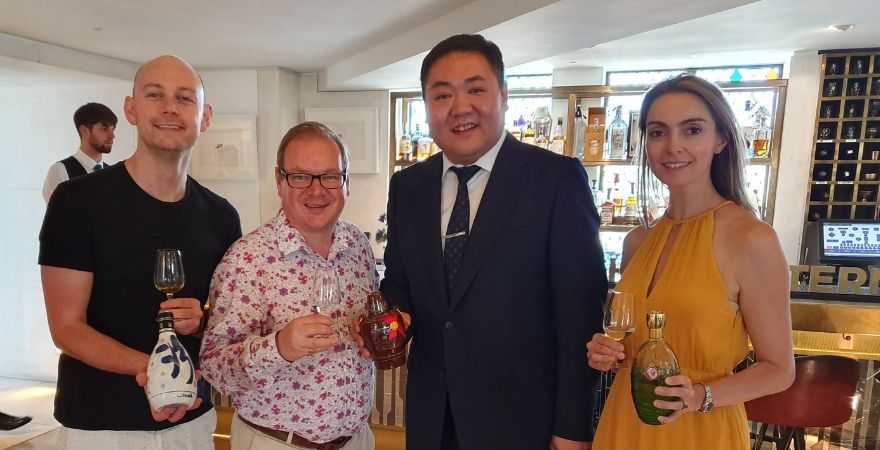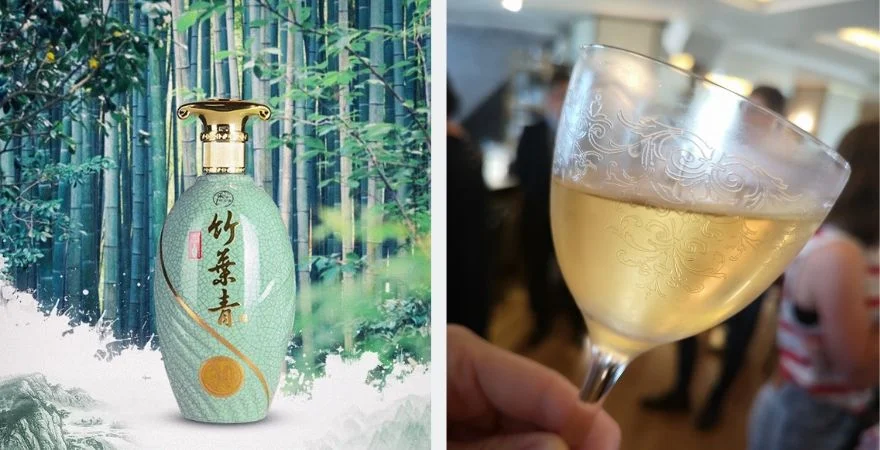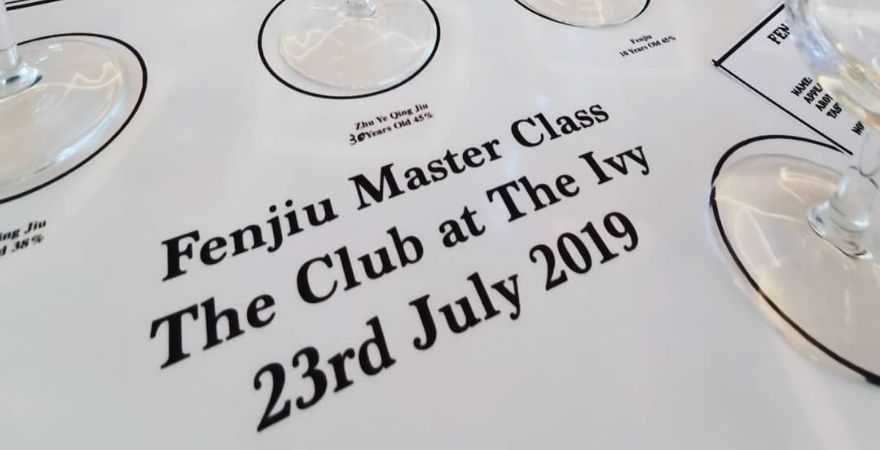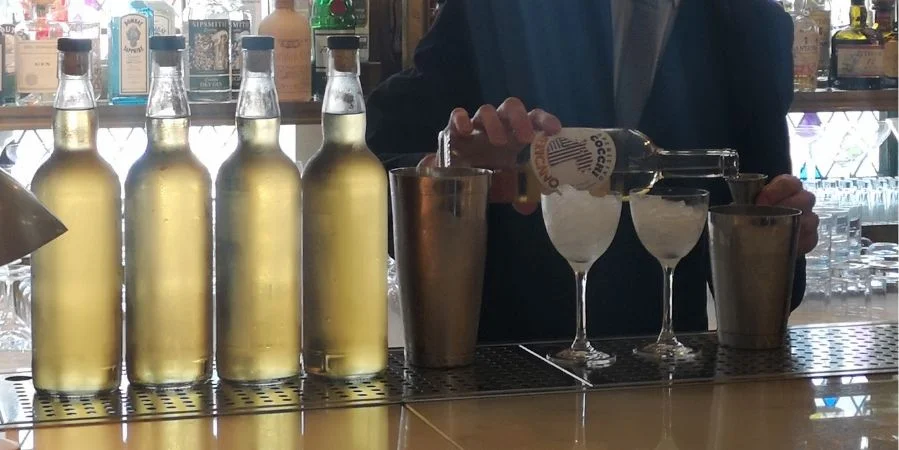Have you ever asked yourself ‘what is the world’s most popular spirit?’ Is it Vodka? Whisky? Rum, even?
The answer is that it’s none of them. The world’s most popular spirit is in fact, Chinese Baijiu. With Chinese New Year upon us, here’s your comprehensive introduction to this mega spirit with 6000 years of history and 10 billion dollars worth of sales a year.
What type of alcohol is Baijiu?
Baijiu, sometimes known as Shaojiu, is a colourless grain spirit that’s massively popular in China. Most commonly, fermenting cooked Sorghum (a flowering grass plant) is chosen, but millet, barley and rice are also used and it varies a lot across the country.
‘Jiuqu’ is added too, with ‘Jiu’ referencing alcohol, and ‘qu’ is koji, which is a fungus that is also used in the production of sake and soy sauce. Just like most drinks, the choices made at this stage create distinct flavour characteristics, which brings us to the question…
What does Baijiu taste like?
Baijiu can be an acquired taste at first, particularly to a novice drinker. In its sense of texture and flavour complexity, it could be compared to whisky. As you’ll see below, styles vary, but overall, you might expect musky flavours with sweetness and over-ripe fruits. There can also be coffee and soy sauce flavouring though, so it’s difficult to pin down!
Most of the time, the white spirit falls into that 40-60% ABV range, though it’s traditionally enjoyed neat with food – particularly if it’s a premium bottle. Of course, tradition is tradition but in day-to-day life, it’s often mixed.
Baijiu can be roughly split into four styles, each using different ingredients, ageing vessels, and ageing duration. So…
What are the different styles of Baijiu and how do they taste?
Light Aroma: Light, elegant and subtly floral. Traditionally made in a stone vessel with sorghum. Hails from the north, around Beijing.
Strong Aroma: Fruity, tropical, aniseed, complex. Multiple grains but aged in mud pits. Hails largely from Sichuan province in the southwest.
Sauce Aroma: Umami, soy, bean. Mostly sorghum but with multiple fermentations in stone brick pits.
Rice Aroma: Sweeter and mellow. Hailing from the south and often the lowest grade.
Baijiu is a massive industry, so of course there are sub groups innovating with different aromas all the time. ‘Chi’ aroma can be infused with pork fat for example, as well as sesame aroma and medicine aroma. The good news if you like baijiu is that there’s so much to explore.
This variety is part of the reason Baijiu is so popular in China. It dates back thousands of years, there’s almost certainly a specific type that appeals to you, it’s claimed to have certain health benefits and it plays an important role in Chinese culture. Like Vodka in Eastern Europe and Rum in the Caribbean, spirits can become much more than just a drink.
How do you drink Baijiu?
A lot of people wonder if you should drink Baijiu cold and unlike many spirits in other parts of the world, ice isn’t always a go-to. It’s often served, as mentioned, neat and at room temperature or even slightly warm in very small glasses.
Usually, there’s food present or an occasion to celebrate. It’s a social drink and is often shotted, rather than sipped. But, with so much variation, you’ll find people drinking it in all kinds of different ways, so do whatever you like!
3 Baijius to Try
Ming River Sichaun Baijiu
This is a clear sorghum gain Baijiu from the oldest operating distillery in China – Luzhou Laojiao. Fermented with wheat yeast in earth pits, the 2 month old mash is then distilled in small batches in a traditional Chinese still for up to 2 years. Instantly on the nose, it’s very fruity with melon, mango and pineapple coming through, with a baked earth richness following. It’s super smooth and deceptively gentle with a clean but flavoursome feel. Enjoy it neat first but then experiment in cocktails (check out the ones below!)
Size: 700ml
ABV: 45%
Find here: £36
Fen Chiew 5-Year-Old Chu Yen Ching Baijiu
The vibrant golden green here is from bamboo-leaf, which is also what ‘Chu Yen Ching’ refers to. This Baijiu is a completely distinctive taste, with an instantaneous spicy tang making way for lemon, honey and citrus. It has a more medicinal profile though, with a crisp herby and peppery finish. It won’t be a guaranteed hit with everyone, but it's a diverse tasting experience that some will absolutely love.
Size: 500ml
ABV: 38%
Find here: £60
Fen Chiew Blue Flower Baijiu
The strongest Baijiu of the three, Fen Chiew’s Blue Flower arrives in style, with a gorgeous traditional design. It opens up to an intriguing herbal palate. Think rosemary, sage, saffron and umami notes. Lifting the liquid is tangy orange for an intense finish. Serve it neat!
Size: 500ml
ABV: 48%
Find here: £150
3 Baijiu Cocktails to Try
Baijiu Highball
This is one of the simpler Baijiu cocktails to pull together. The pineapple shines through, and the lime juice cuts through very pleasantly. Very clean and refreshing to sip on with plenty of subtle notes to keep you intrigued until the final drop.
Ingredients
60ml Baijiu (try Ming River)
Tonic (to the top)
Lime squeeze
Method
Just add your Baijiu first then pour tonic to the top and stir gently with fresh lime.
The Golden Empire
Baijiu’s intriguing use in mixology has been a big part of its newfound international popularity and this cocktail won a Fenjiu (Baijiu producer) cocktail competition a few years ago. It’s a golden, moreish concoction blending sherry, vermouth and Baijiu, created by Andrea Dionori of the Crazy Bear. Expect refreshment, sweetness and a cocktail unlike anything you’ve had before.
Ingredients
35ml Fenjiu Baijiu 10 year old.
10ml White Vermouth (preferred: Cocchi Americano)
7.5ml Palo Cortado sherry
10ml Homemade Palo Santo cordial (optional)
Method
Simply shake well with plenty of ice!
The Royal Rabbit
This is a lovely, sweeter Baijiu cocktail that might be ideal if neat Baijiu is a bit too much for you at first. With underlying tartness from the lemon and raspberry juice, it’s crisp and refreshing with the perfect amount of sweetness, really bringing out any fruity notes from your chosen Baijiu.
Ingredients
50ml Baijiu
40ml Raspberry juice
Top up with lemonade
Garnish with fresh raspberries
Method
Stir well until everything is thoroughly combined and finish with some ripe raspberries for the perfect flourish.
If you’re in the mood to explore iconic spirits synonymous with other countries, then check out our article on Tsikoudia, a Cretan Hidden Gem!





